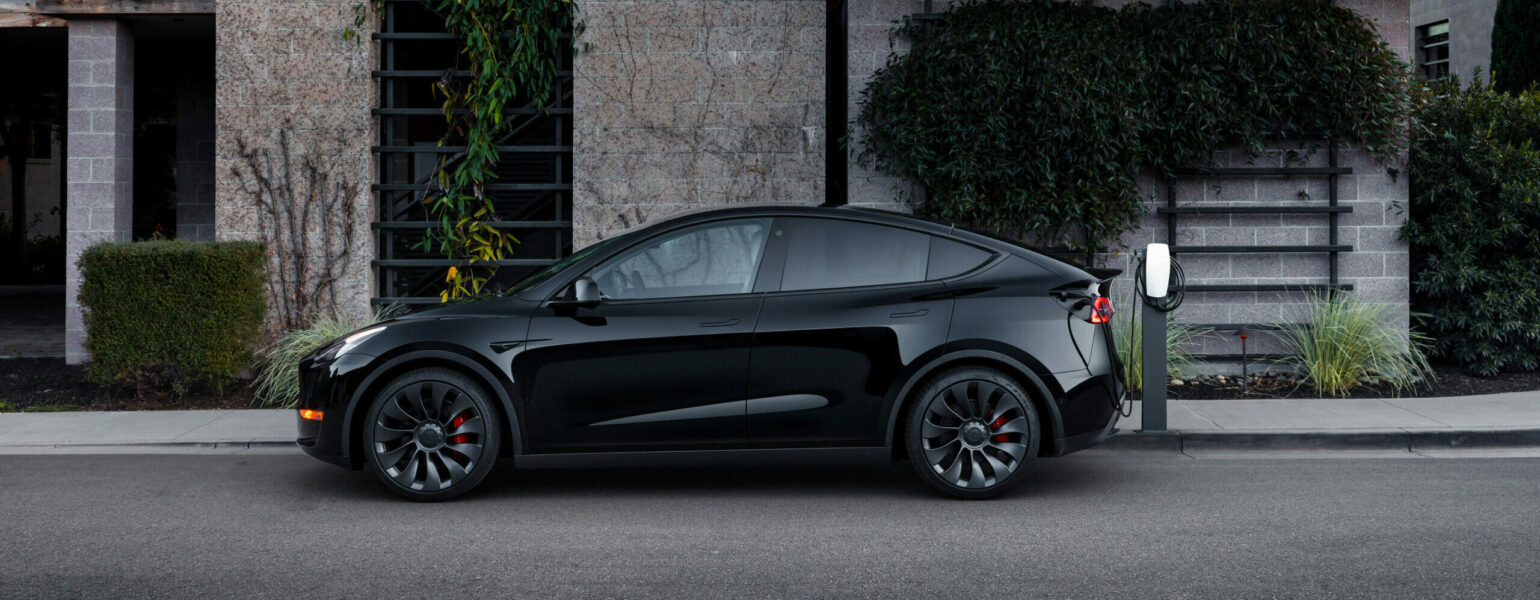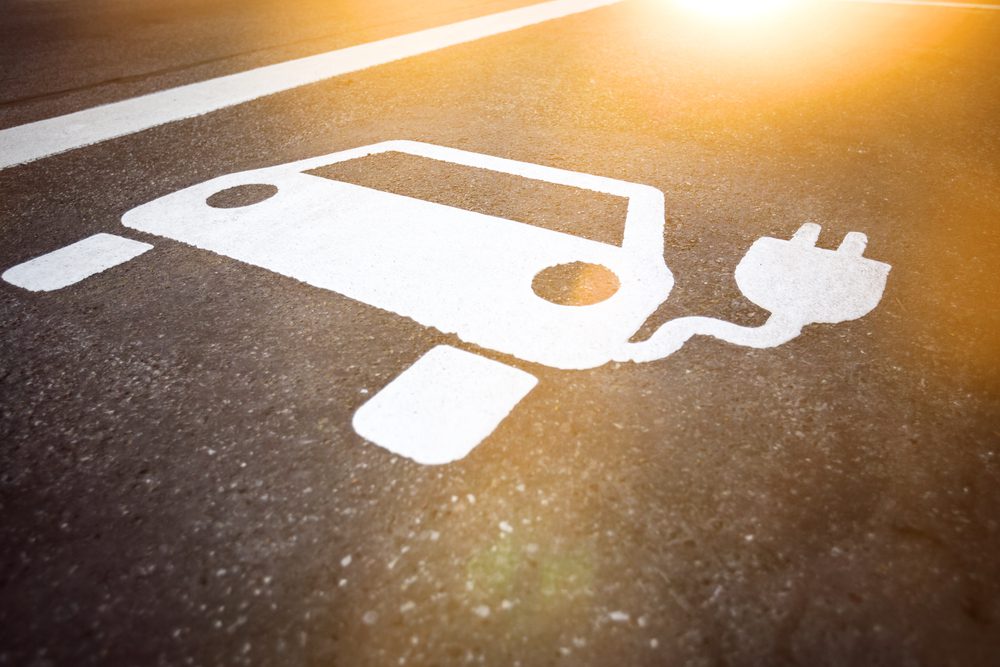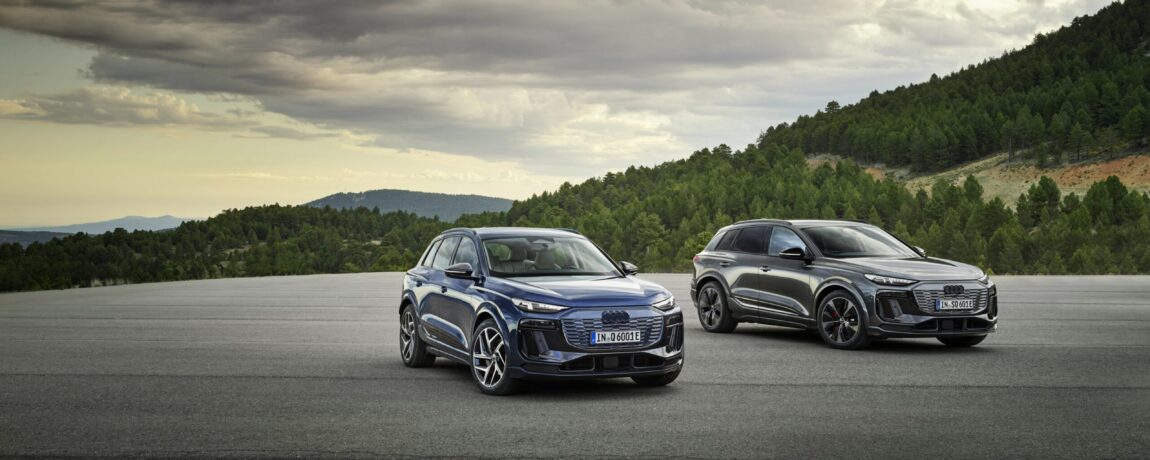
Electric, Petrol or Hybrid; Which Have The Better Residual Values?
With so much uncertainty from manufacturers, dealerships and buyers regarding the impending combustion engine ban, the changing tax rules and the lack of incentives to switch to EV motoring in the meantime, it is little wonder that no one seems to have a definitive plan. Manufacturers are continuously rethinking their plans in the run up to the current 2035 ban, dealerships are finding that the demand for certain models are fluctuating on a weekly basis and buyers are often confused or misinformed with what is happening.
With all of that in mind it is little wonder that many buyers are looking at pre-owned vehicles as a more viable option when it comes to their next car, and with good reason. If you are looking at changing your car and are undecided as to whether you would like a combustion engine, a fully electric vehicle or a combination of the two in the form of a hybrid, how the demand is currently affecting residual values might be enough to sway your decision. Also, with the used car market seeing the last remnants of adjusting to the fall in demand and the return to normal supply following the pandemic, which markets are adjusting quicker than others and becoming a more tempting prospect right now.
Whilst many reports highlight a stall in the demand for fully electric car adoption, and in some cases a potential retraction, the price reductions on offer from almost all manufacturers for brand new electric cars means that they are at least more tempting than they once were. Not only that but thanks to more affordable models now coming to the market, the traditional higher prices of EV’s are less of a factor than perhaps they once were.
Is the EV market growing?
According to popular car selling marketplace Auto Trader the temptation for those to make the change to fully electric motoring is growing, but not as quickly as many would expect it to. A large majority of combustion engine car drivers who haven’t yet made the switch remain adamant that they are unlikely to buy a fully electric car either anytime soon or at least until they have no choice in the matter. With many reluctant to change even after the combustion engine ban has come into force.
With the removal of tax exemption from April 2025, plus the controversial decision to include EV’s in the Expensive Car Supplement for those costing over £40,000, the incentive to purchase a new EV is even less than it was at the start of the year. As a result there was understandably a spike in the purchase of both new and used EV’s in March of this year and then a considerable drop-off from the beginning of April onwards.
However, for those still making their mind up or willing to at least see how the potential for electric motoring fits into their lifestyle, a hybrid powertrain seems to fit the bill in a lot of areas. Many modern hybrids allow a reasonable amount of fully electric range yet offer the back up and reassurance that the car has a combustion engine should your battery charge get low or you need to make a longer trip. With the average daily commute being just under 20 miles, a hybrid car certainly offers the best of both worlds in that respect. Plus, with many hybrids falling under the same tax rules as electric vehicles nowadays, the appeal of a hybrid’s convenience in many ways can outdo an EV.
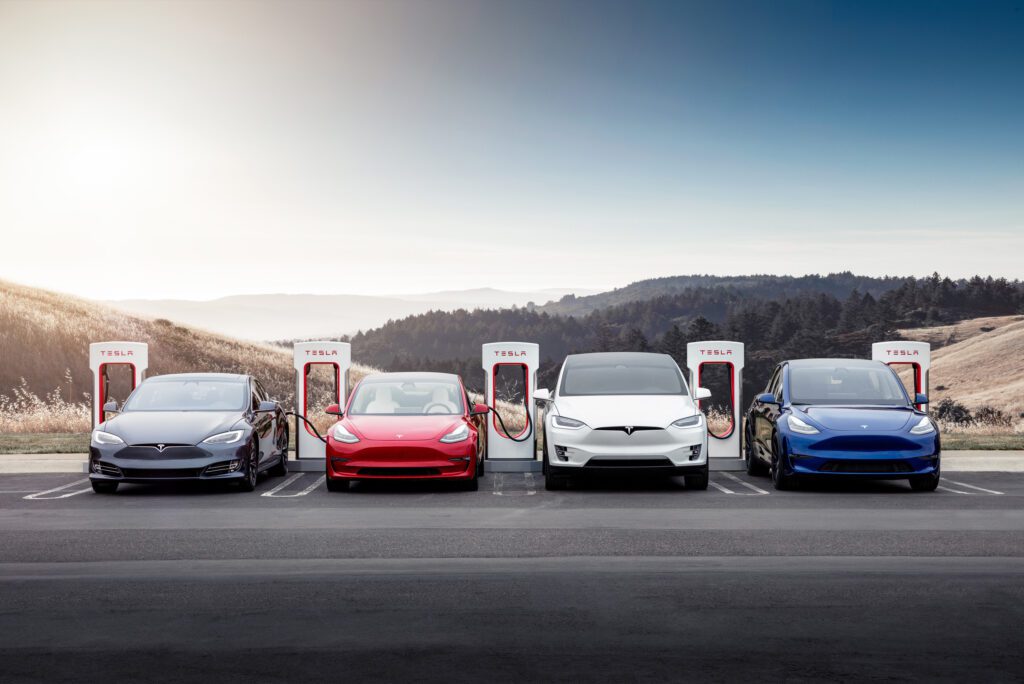
What Are The Facts?
The car market as a whole in the past month, according to automotive industry intelligence and statistics website Autovista24, saw the average residual value across all fuel types (the percentage of the list price retained after 3 years and 36,000 miles) was 50.7%. A fall of 1.8% year-on-year, but nowhere near the decrease of 21.2% over the 12 months previously.
To compare that to what each vehicle is powered by gives us an idea of how different types of vehicles, and the demand for each one, compares to the average across all cars and fuel types for the previous month. The residual values for the same 3 years and 36,000 miles for petrol cars stood at 52.9%, diesel was 52.4%, full hybrids were 55.8%, plug-in hybrids 54.3% and EV’s just 38.9%. This shows that full hybrids remain the best performing fuel type in terms of holding on to their value, with the reputation of EV’s losing their value the most staying true to form. Interestingly however, EV’s actually performed the best over the past 12 months, with a 1.3% rise in the amount of residual value lost since the same time in 2024, with plug-in hybrids seeing the biggest change the other way, falling 0.8% year on year.
Undoubtedly this will be down to demand for the hybrid powertrain as a way to power your vehicle, but why are hybrids more popular than any other type of vehicle right now? Whether this is down to a reluctance to switch to fully electric power, an unknown as to how making the switch will affect your daily life and circumstances so a need to ‘test the waters’, or merely the fact that the majority of non-fully electric vehicles launched these days are hybrid powered, remains to be seen.
The change in residual values we have experienced in this country is fairly mild when compared to some of the changes across Europe in the past 12 months. In Italy, plug in hybrid vehicles have seen a 7.5% decrease in value since this time last year, whilst in Switzerland EV values have dropped almost 6% too. In fact, only the UK and France have seen overall stable residual values, with the major markets of Austria, Germany, Italy, Spain and Switzerland seeing falling values across the board.
A Change On The Horizon?
One thing is for sure however, if you are looking for the way to power a car that will offer the best residual value when it comes time to sell or part exchange your vehicle, a hybrid is certainly the safest bet at the moment. With more choice than ever before too, and with many performance brands seeing this as the way to go before committing to fully electric power, it seems like for now at least the hybrid may be the perfect choice in many ways.
But could the reputation of the EV being a fast depreciating powerplant be about to change? The introduction of not just more reasonably priced models to the market, but more fun and appealing models too could mean that the demand, as as such, values, for at least some EV’s starts to gain momentum. With the large majority of EV’s being launched so far being luxury SUV’s or saloons, historically some of the biggest depreciating body styles no matter how they are powered, the recent move towards smaller and more affordable models should see depreciation improve.
Right now retro hatchbacks are making a big resurgence, much like the Mini and Fiat 500 have seen in recent years, and the reborn all-electric Renault 5 is one of the most popular EV’s of the moment. The retro-inspired 5 is currently being produced at up to 53 cars per hour at the companies Northern France factory in order to meet demand, with the all-electric Mini and Fiat 500 models also receiving facelift models to compete. Even hot hatchbacks are being catered for in the shape of the Alpine A290, the Mini Electric John Cooper Works and Abarth 500e to appeal to a wider market.
Whereas the majority of EV’s were in the premium SUV and saloon sector thus far, the greater spectrum of choice is making a big difference to the appeal of going fully electric. Manufacturers like Rolls Royce with the Spectre and Volkswagen’s ID Buzz, to the soon to be released Range Rover and Range Rover Sport EV’s, to the upcoming Porsche 718 Cayman and Boxster, Maserati GranTurismo Folgore and even the MG Cyberster have ensured the EV marketplace now has something for everyone. The greater choice, especially those coming from established manufacturers and new versions of iconic models, means that the appeal of the EV is greater than ever before.
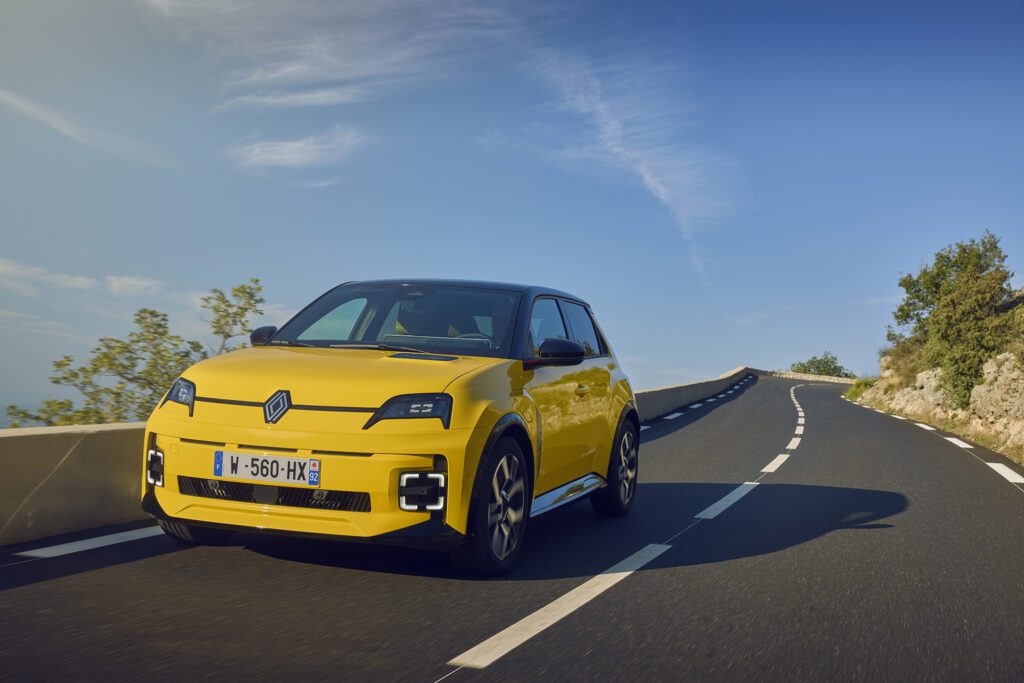
Funding Your Combustion Engine Car, Hybrid or EV with Oracle Car Finance
At Oracle Finance we have your next car’s funding sorted, no matter how it is powered. Our expert Account Managers use our panel of over 20 specialist lenders to help you to find the perfect package, bespoke to you and your circumstances. Our team are always on hand should you have any questions about arranging car finance and your dedicated Account Manager is ready to take your call today.
With over 2,800 Trustpilot reviews with an overall rating of 5 out of 5, and as five-time winners of the Best Specialist Car Finance Provider award in the past six years, you too can find out why thousands of people trust us time and time again to find a smarter, tailored funding solution when looking for your next dream car.
Make sure you follow us on Instagram, LinkedIn and Facebook to keep up to date with what’s happening in the market and to see some stunning photos and videos of the amazing cars we fund.
